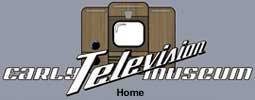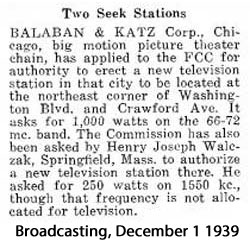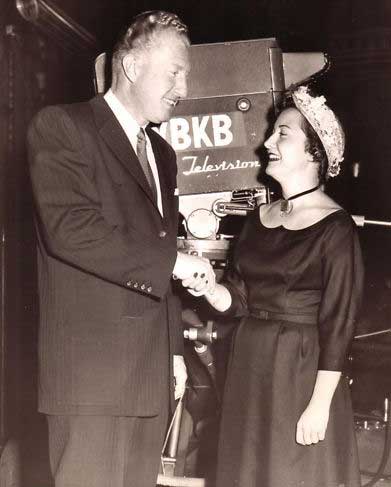|
Early Electronic Television W9XBK, WBKB - ChicagoW9XBK was the second electronic station on the air in Chicago, starting transmission in 1939. (the first was W9XZV Zenith Radio Corporation's experimental outlet on channel 1), W9XBK transmitted at 60-66 megacycles, then television's channel 2. The station went on the air in April of 1941. Balaban & Katz also held the experimental television licenses for W9XBT, W9XBB, and W9XPR. When the VHF frequencies were changed by the FCC, W9XBK found itself transmitting at 66-72 megacycles, the current channel 4. W9XZV ended up on channel 2. Late in 1943, the station would become the first commercial station in Chicago, WBKB.
Howard Tuller, son of Morton Tuller, who worked at WBKB from 1946 to 1949, provided us with many documents related to the station: 1944-45 Television program scripts 1946 Television program scripts Audience suveys Other documents
Late 40s camera
|



